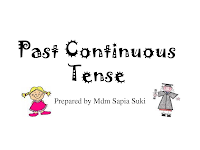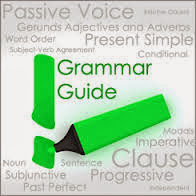(Please note that
British and American English have different rules for the use of this
tense. The explanation and exercises here refer to British English. In
American English, it is often acceptable to use the past simple in some
of these examples.)
We use the present perfect when we want to look back from the present to the past.
We can use it to look back on the recent past.
-
I've broken my watch so I don't know what time it is.
-
They have cancelled the meeting.
-
She's taken my copy. I don't have one.
-
The sales team has doubled its turnover.
When we look back on
the recent past, we often use the words 'just' 'already' or the word
'yet' (in negatives and questions only).
-
We've already talked about that.
-
She hasn't arrived yet.
-
I've just done it.
-
They've already met.
-
They don't know yet.
-
Have you spoken to him yet?
-
Have they got back to you yet?
It can also be used to look back on the more distant past.
-
We've been to Singapore a lot over the last few years.
-
She's done this type of project many times before.
-
We've mentioned it to them on several occasions over the last six months.
-
They've often talked about it in the past.
When we look back on the more distant past, we often use the words 'ever' (in questions) and 'never'.
-
Have you ever been to Argentina?
-
Has he ever talked to you about the problem?
-
I've never met Jim and Sally.
-
We've never considered investing in Mexico.


























